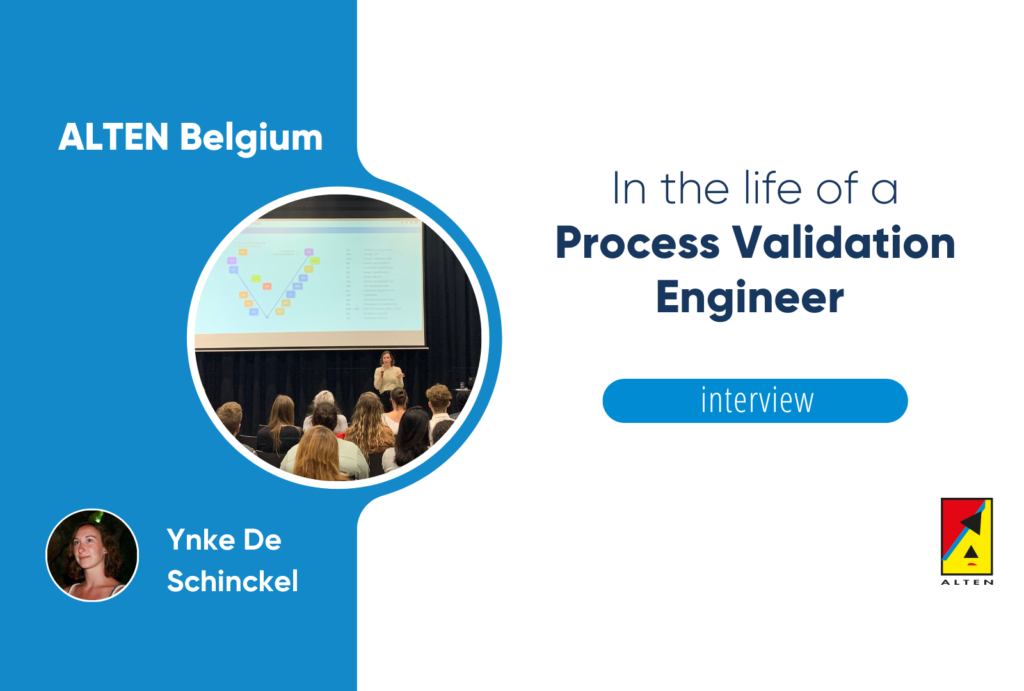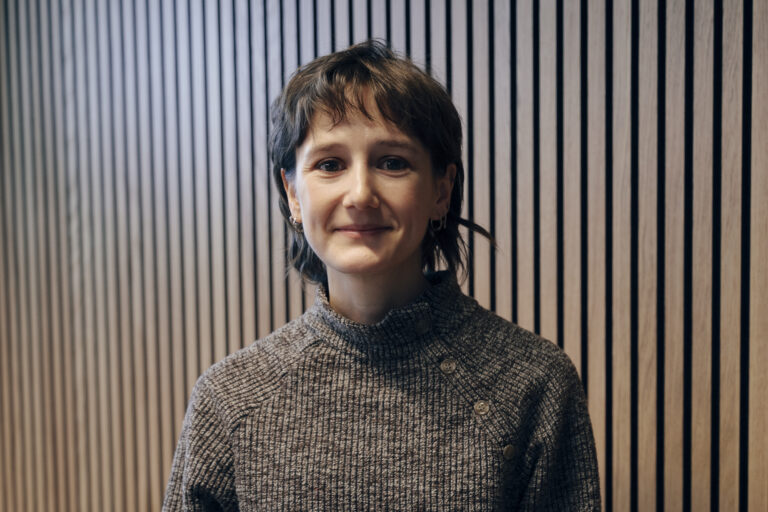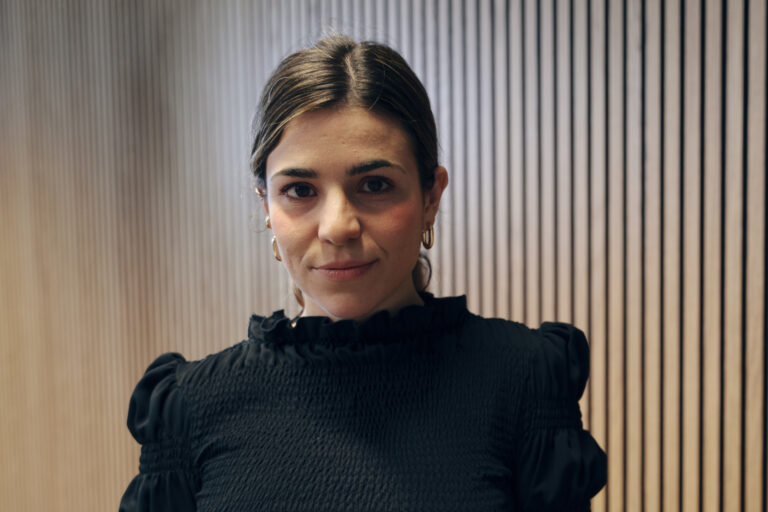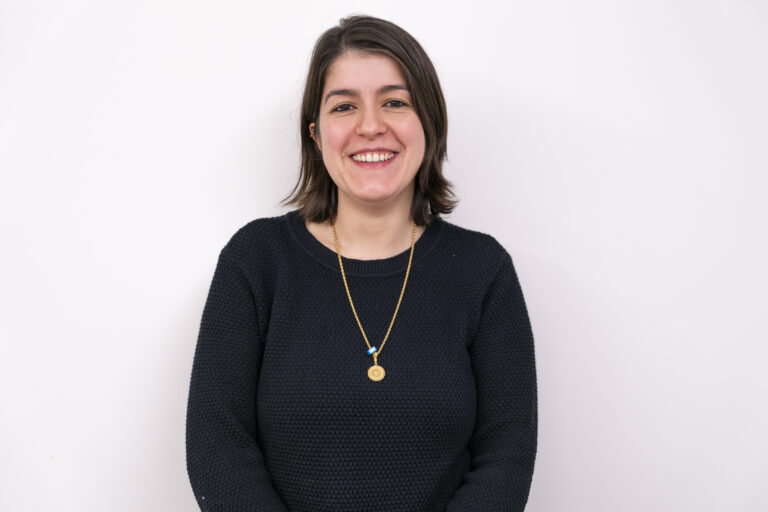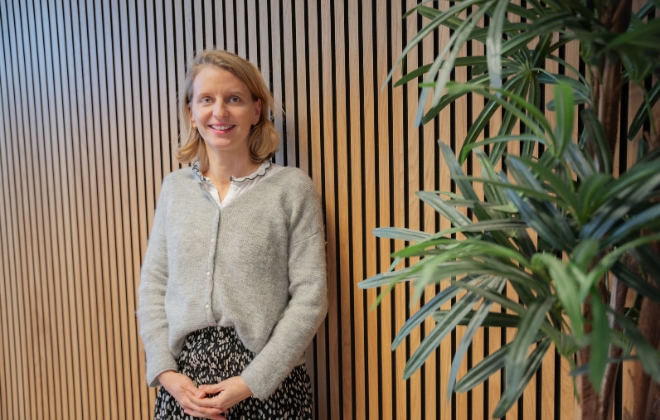Ynke is a Process Validation Engineer at ALTEN. Discover her testimonial in which she tells us about her day-to-day tasks, skills and challenges!
Hi! My name is Ynke De Schinckel, I am 25 years old and have been working for ALTEN for 3 years now. I have a master’s degree in Industrial Engineering in Biotechnology and after graduation, I immediately started working as a consultant at ALTEN in the Life Sciences department. My second project lasted a year and a half and was my first experience in the process validation field. In March of this year, I started my current project as a Process Validation and Production Engineer.
Can you tell us more about process validation?
Process validation is the overall validation of a process, going from raw material to final product, going through all the steps, equipment, people, etc. It is an overall term, which includes a lot of different kinds of validations, like cleaning, sterilization, equipment, software validation, etc. Even packaging and transport of the material must be validated! Once all the different steps are separately validated, the complete process can be approved and released to be performed in a production area. Most of my experience is within equipment validation, but I also performed cleaning, sterilization, and cleanroom validation. In my current function, I am also responsible for the Engineering part of the “life cycle”. We must engineer new filling equipment (system requirement, FAT/SAT, design specifications) and then go through validation. Afterwards, when everything works as desired, the process can be validated and released for production.
What are the needed skills to succeed in this position?
A background in science is very much preferred. Technical thinking as well as chemistry and physics are things that come along during the process, which will make it easier to understand. As a validation engineer, you work together with different departments (technical services, QA, production) and take their specific requirements into account. Communication and people skills are very important to make the working relationships run smoothly. Most of the validations have strict due dates. Products need to be produced and put on the market, but this is only possible with a validated process. Considering this, you have to work around the production planning in order to perform practical tests for your validation. As a validation engineer, it is important to plan the validation and to be able to understand your priorities.
What does an average day in the life of a Process Validation Engineer look like?
As a process validation engineer, you make your own planning, taking your priorities, due dates, and production planning into account. A day can consist of meetings, calls and emails, documentation, and practical work all at once. Depending on the validation projects, your weekly planning can be extremely variable. As I am part of the engineering department, I also sometimes need to visit an external firm for meetings and practical work, and so spend some time in transports.
What are the main challenges you usually face with different clients?
One of the first challenges I faced was in the pharmaceutical industry, where the validation, due to the specifications, is very rigorous. The produced product has direct contact with the patients, so the production process needs to be very strict: no contaminations and class-A cleanrooms. This is for example a very different process for the IVD (in vitro diagnostics) company I am working at for the moment. The equipment sure needs to be clean, but the specification is less strict. I was used to wearing special clothes, cleanroom shoes, and coveralls while in the production area (grade B/C), as for now it suffices to wear a coverall above your own clothes. The switch from hard regulated, to more basic regulation, is something to get used to. Another challenge I am facing now: for the new filling line, the company works together with a firm that develops the line. The external firm has no previous knowledge of validation and the regulations that come along. As they don’t know validation and the requirements, our team has to direct them in good ways so that the validation requirements can be fulfilled at the end of the project. Some bigger companies develop their own test protocols according to the validation requirement and perform these themselves. This protocol development and test performance is now in our own hands and brings along lots of thinking, discussions, and trial and error testing.
For you, what is the DNA of an ALTEN consultant?
First, driven people wanting to help and contribute to the clients and for ALTEN. They are also people who are still open to learning and teaching other consultants their own experience. ALTEN consultants also want to help in the field they are confident in by using their knowledge of the different projects and clients. ALTEN is a company well-known in the life science industry, growing each day.
Want to read about the position of Validation Engineer?




